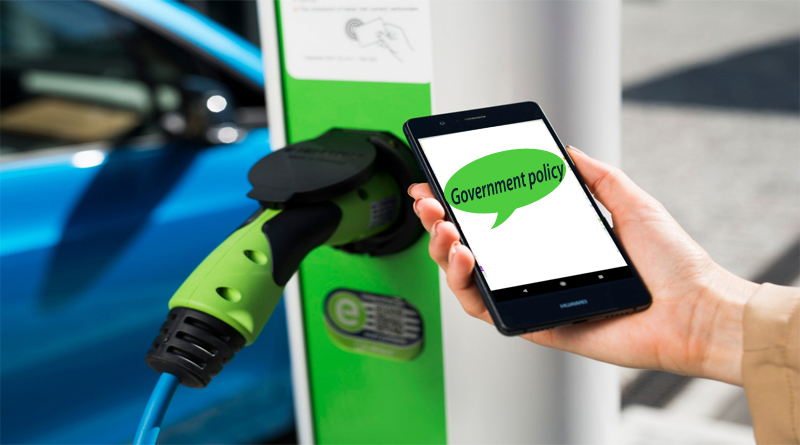Government to Roll out New EV Policy Next Month

It has not gone unnoticed, the wide array of Indian companies working towards bringing electric vehicles into the limelight and international ones like Tesla and BYD knocking the doors. The Indian government is also moving on its new electric vehicle policy as early as next month. Existing policy is more a scheme really, captured under the Faster Adoption and Manufacturing of (Hybrid) & Electric Vehicles (FAME).
The new policy, advocating minimal subsidies for private vehicles and a focus on public transport, is likely to be announced at a global e-mobility summit to be inaugurated by Prime Minister Narendra Modi on September 7. According to WHO the 9 most polluted cities in the world are in India and this new EV policy will aim to tackle that issue. According to the fresh proposal, the government will first begin creating favourable ecosystems in those nine polluted cities from Kanpur to Delhi with a population of over four million. “The policy will be rolled out initially on a smaller scale to ensure a smoother transition and better cooperation from the automobile sector,” a government official said in a media statement. Then move on to cities with a population of more than one million and important corridors such as Mumbai-Pune and Delhi-Chandigarh.
In February this year, Union transport minister Nitin Gadkari had announced that the government has dropped plans to prepare a separate policy for electric mobility. “However, a new policy to create favourable ecosystems for the transition to electric vehicles is silently being worked upon. The government has already begun consultations with industry bodies, including the Confederation of Indian Industries, FICCI and automakers on five aspects,” the official said.
The new policy is expected to cover the following areas of the sector,
1. Challenges and support required for electric vehicles manufacturing,
2. Battery manufacturing,
3. Setting up charging infrastructure,
4. Promoting electric vehicles in the commercial fleet,
5. Improving the role of renewable energy in electric mobility.
However, this policy will work in tandem and not as a part of the FAME (Faster Adoption And Manufacturing of (Hybrid &) Electric Vehicles in India) scheme, for which the Union cabinet is also soon expected to take a call on the 8,730-crore second phase of the scheme that proposes fiscal and non-fiscal incentives to electric vehicle firms for five years.
The government has already begun consultations with industry bodies, including the Confederation of Indian Industries (CII), FICCI and automakers. Niti Ayog, which is coordinating with various ministries, state governments and stakeholders for the e-mobility policy, will also be seeking comments from the department of heavy industries, the finance ministry, the department of science and technology, the ministry of road transport and highways and the ministry of urban development.
copyright:iamrenew.com




